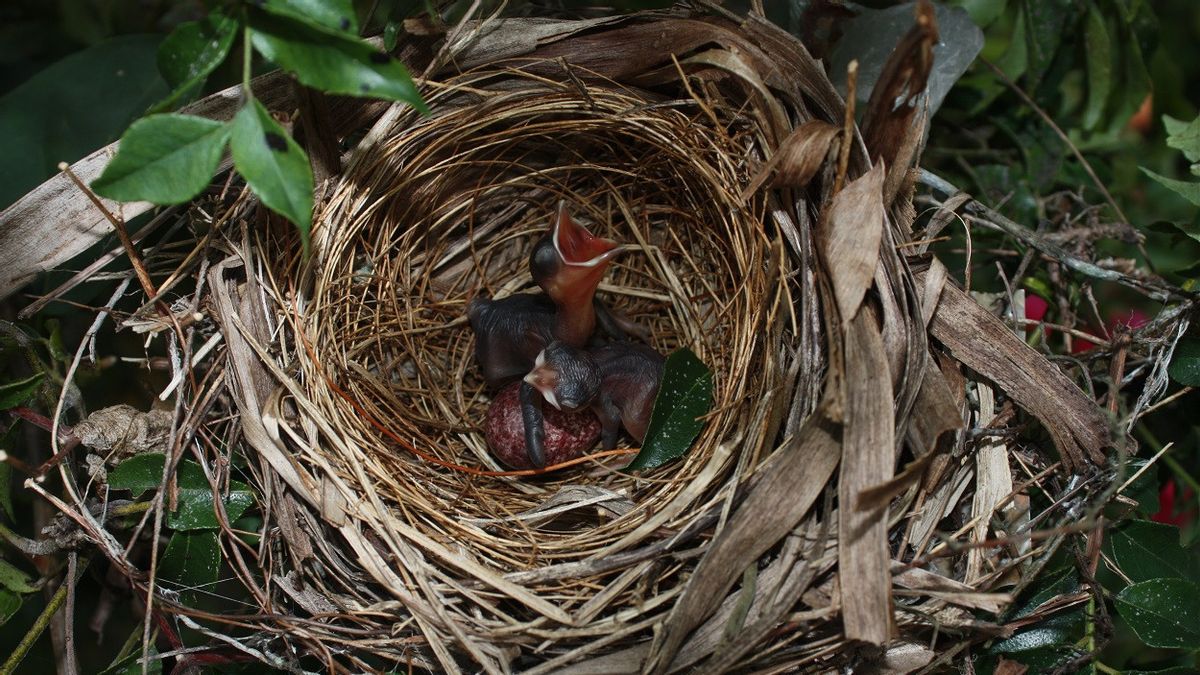JAKARTA - Climate change is spurring early spring in much of North America, causing more birds to lay eggs earlier in the year, according to a new study, adding to growing evidence global warming is changing wildlife habits.
Of the 72 bird species examined around Chicago, roughly a third lay their eggs about 25 days earlier, than they did a century ago, the researchers report in a paper published last Friday in the 'Journal of Animal Ecology'.
Citing Reuters March 26 Those affected include the mourning dove, the American kestrel and Cooper's falcon.
Scientists have so far not found clear features shared by this species, such as size or migratory status, that might explain why they change egg-laying times.
However, "the majority of the birds we observed eat insects, and the seasonal behavior of insects is also influenced by climate," said lead author John Bates, curator of the bird division at the Field Museum in Chicago.
How the life cycles of animals and plants are affected by climate change, with seasonal disturbances is a question "becoming more front and center in people's minds," Bates said.

Just a few degrees of temperature from the long-term average can have a big impact on when insects emerge, when trees sprout, when flowers bloom and, according to new research, when eggs hatch.
Scientists believe the change could be one of many reasons for the sharp decline in bird populations since the 1970s. Causing the United States and Canada to lose about a third of their birds, or about 3 billion birds, according to a 2019 study in the journal 'Science'.
Bates and his colleagues studied more than 1,500 eggshell records kept at the Chicago Field Museum, many dating from the period between 1872 and 1920, when egg collecting was a popular hobby.
This Victorian-era ova fan left a detailed handwritten label, listing information such as bird species and date of collection.
The scientists then compared those records with more than 3,000 modern records, along with data describing carbon dioxide levels at nesting dates over time, for their analysis.
The findings echo similar results from research conducted in recent decades in the UK, which also found that egg laying occurred earlier along with reported changes in growing season.
The English, Chinese, Japanese, Arabic, and French versions are automatically generated by the AI. So there may still be inaccuracies in translating, please always see Indonesian as our main language. (system supported by DigitalSiber.id)













